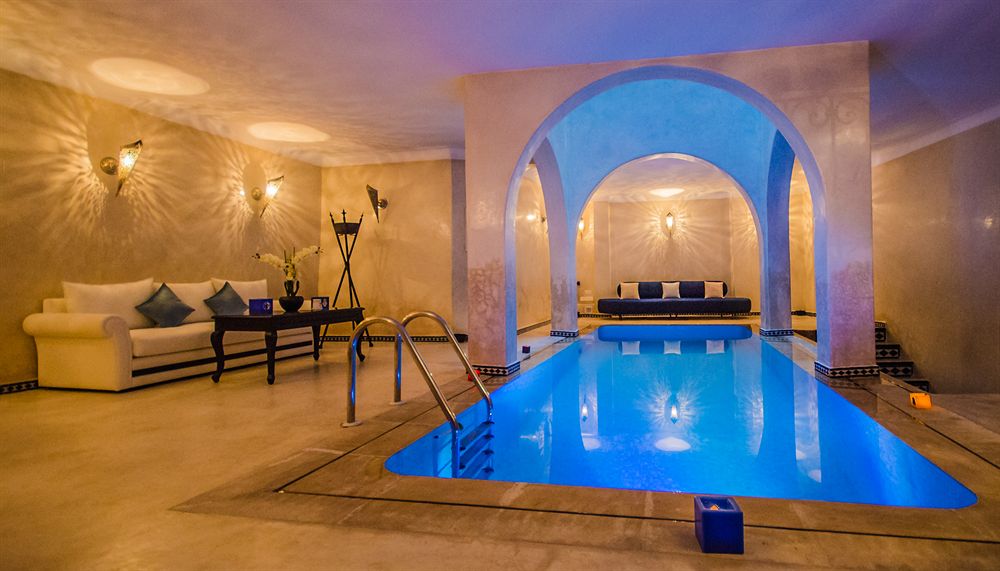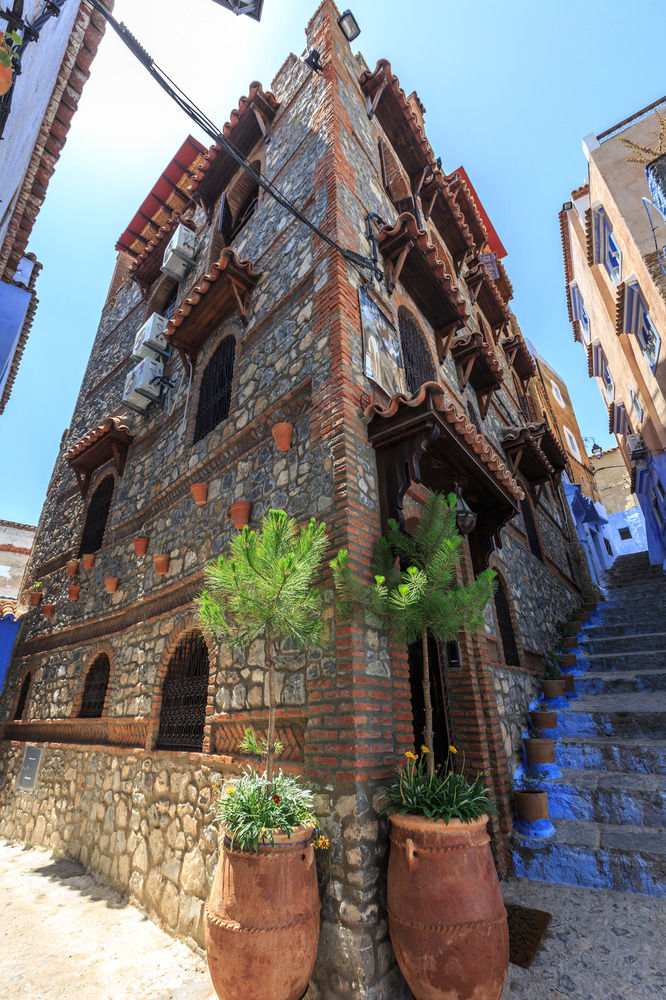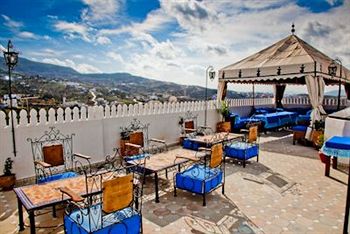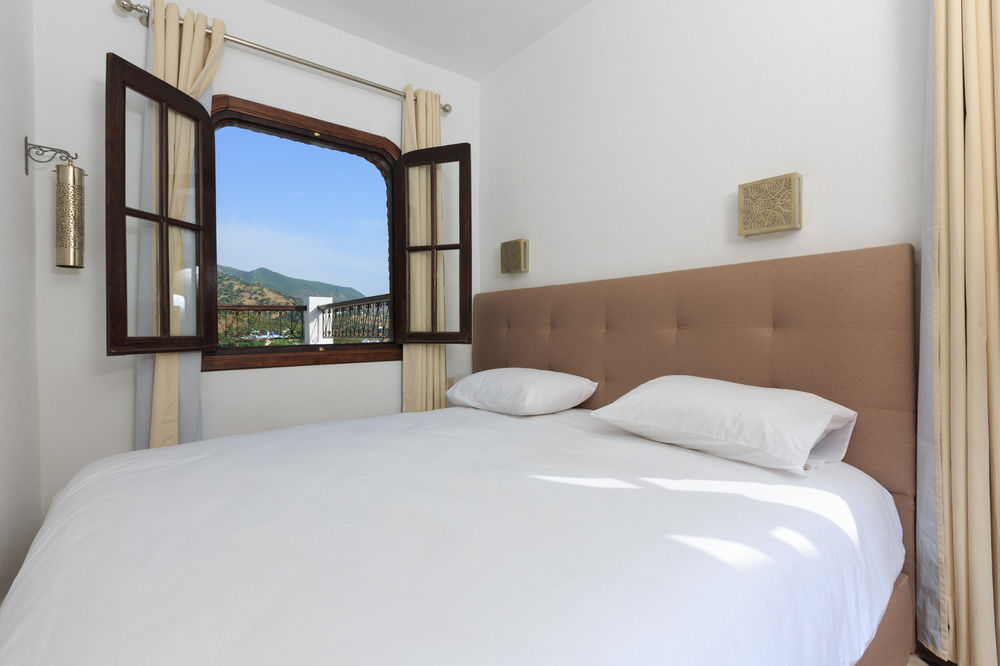チェフシャウエンホテル検索結果
AIが見つけた軒のホテルの最安値をご覧ください。
ベストホテル
最安値のホテル
ホテル等級
AIおすすめ
チェフシャウエンベストホテル
チェフシャウエン 最低価格のホテル
最高評価のホテル
チェフシャウエンにある5つ星ホテル
チェフシャウエンにある4つ星ホテル
チェフシャウエンにある3つ星ホテル
AIがおすすめする世界の旅行先
チェフシャウエン近くのホテル情報
チェフシャウエン 旅行に欠かせない情報
Chefchaouen (Arabic: شفشاون Shafshāwan (pronounced IPA: ʃəfˈʃɑˑwən); Berber languages: ⴰⵛⵛⴰⵡⵏ Ashawen), also known as Chaouen, is a city in northwest Morocco. It is the chief town of the province of the same name, and is noted for its buildings in shades of blue. Chefchaouen is situated just inland from Tangier and Tétouan.
The city was founded in 1471 as a small kasbah (fortress) by Moulay Ali ibn Rashid al-Alami, a descendant of Abd as-Salam al-Alami and Idris I, and through them, of the Islamic prophet Muhammad. Al-Alami founded the city to fight the Portuguese invasions of northern Morocco. Along with the Ghomara tribes of the region, many Moriscos and Jews settled here after the Spanish Reconquista in medieval times. In 1920, the Spanish seized Chefchaouen to form part of Spanish Morocco. Spanish troops imprisoned Abd el-Krim in the kasbah from 1916 to 1917, after he talked with the German consul Dr. Walter Zechlin (1879–1962). After defeating him with the help of the French, Abd el-Krim was deported to Réunion in 1926. Spain returned the city after the independence of Morocco in 1956.
 時間 UTC+01
時間 UTC+01 通貨 MAD
通貨 MAD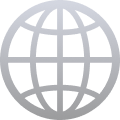 言語 Arabic, Berber , French
言語 Arabic, Berber , FrenchStaypiaだけの特別な特典
リアルタイムホテル最安値比較
AIが見つけたin チェフシャウエンの軒のホテルのリアルタイム最安値を簡単に比較検索できます。
316万軒のホテルを最安値で予約
最低価格に最大31%追加メンバーシップ割引でさらにお得にご予約いただけます。
自分だけの
AIがリアルタイムで更新するチェフシャウエン旅行情報で便利に旅行を準備しましょう。
よくある質問
チェフシャウエンで最も人気のある5つ星ホテルはLina Ryad & Spaです。 チェフシャウエン 評価順にホテルを見る
一般的なホテルの場合、客室予約はキャンセル締切日前まで無料返金が可能です。キャンセル締切日以降は手数料が発生する場合がありますので、ホテルバウチャーまたはメニュー>マイ予約でキャンセル締切日をご確認ください。
ステピアでは、AIが収集した316万件のホテルの最安値はもちろん、会員限定の追加割引価格で人気ホテルを予約することができます。
